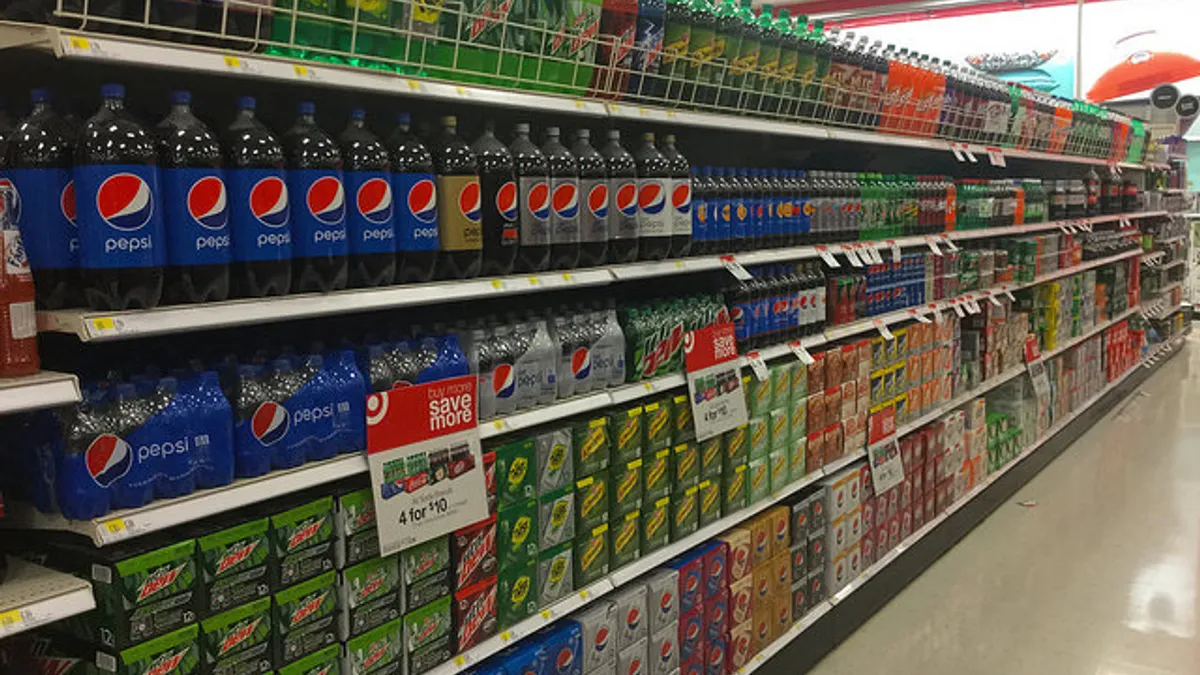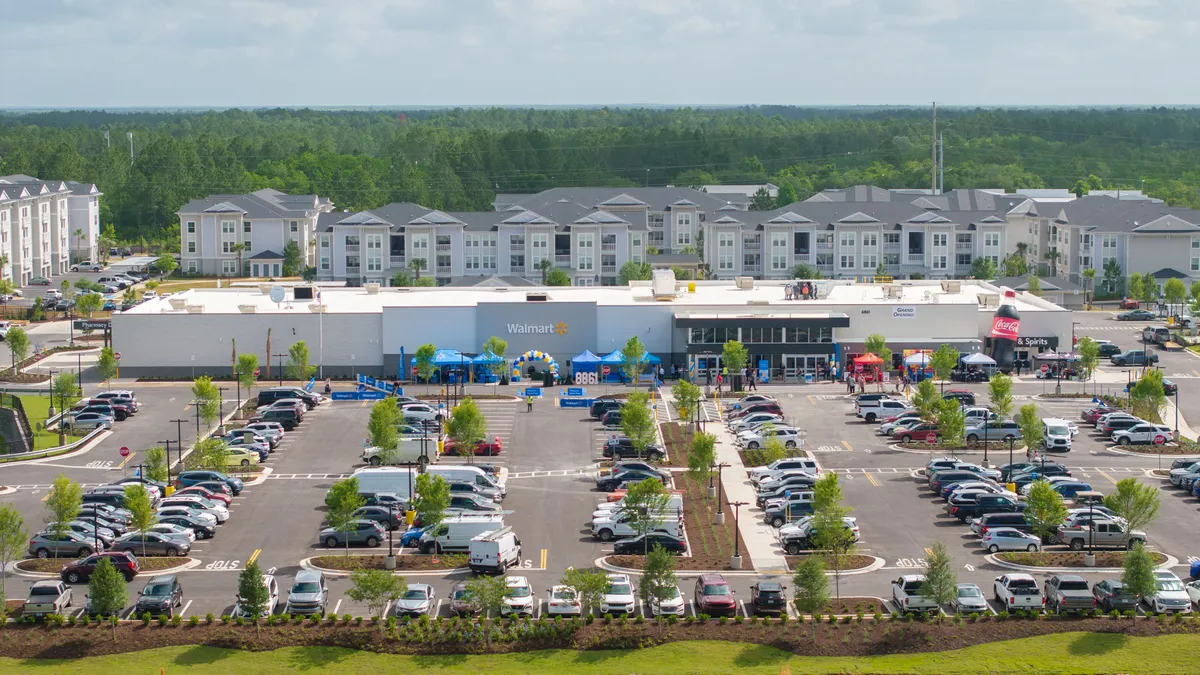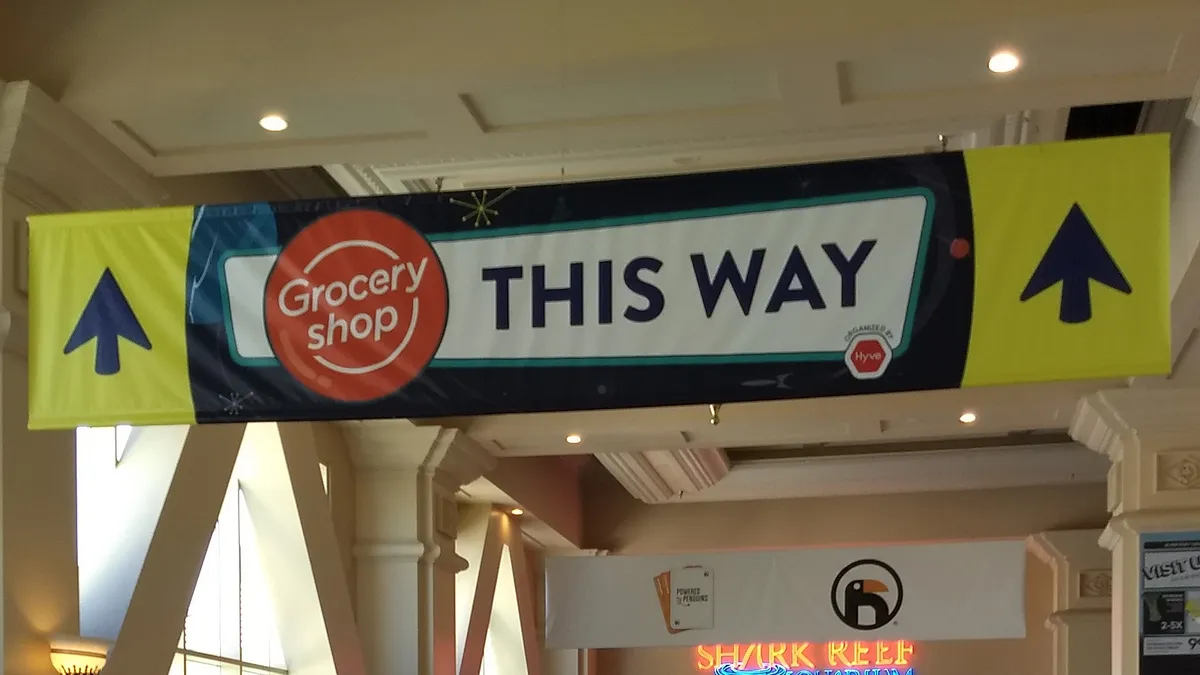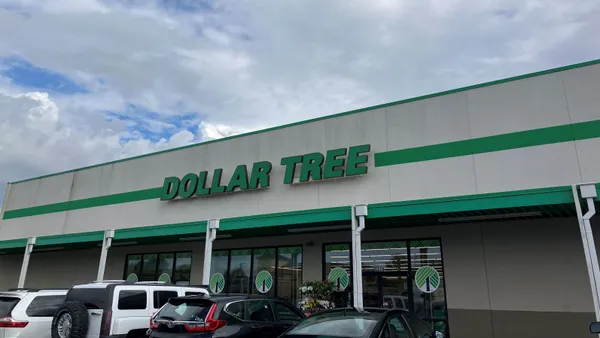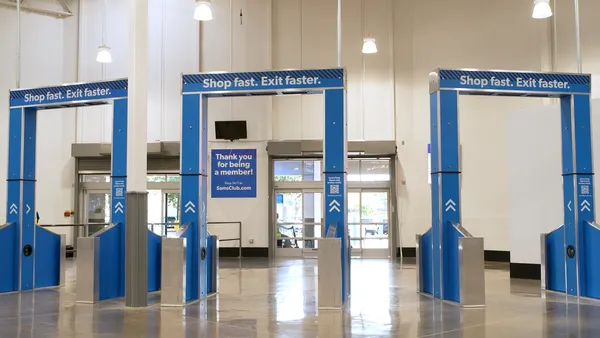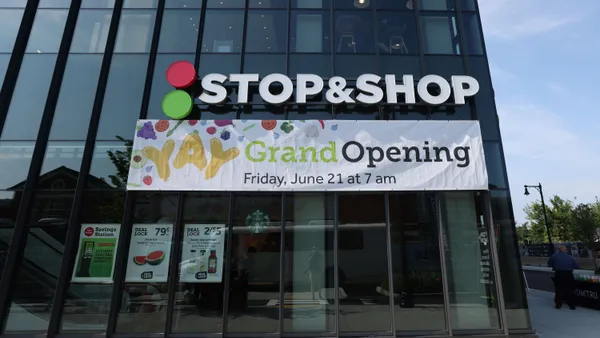Dive Brief:
- A Philadelphia ShopRite store closed its doors for good last Thursday after decades in the community. Store owner Jeff Brown blames the city's tax on soda, the Philadelphia Inquirer reported. Brown said he saw a 23% drop in sales since the tax went into effect.
- The mayor's office claims the store had declining sales before the tax was passed in 2014, and that Brown is using the tax as "a scapegoat." A number of other grocery stores have opened and been profitable since the tax passed, a spokesperson for the mayor said in a statement.
- Brown, who operates six other grocery stores in the area, said other factors that led to the closure could include a decline in food stamp sales and increased competition from a new Aldi store.
Dive Insight:
Despite the debate in Philadelphia, there is no definitive evidence that the city's soda tax led to ShopRite's closure, but as more cities consider taxing the sugary drinks, the impact on businesses will continue to be a big part of the conversation.
Philadelphia's tax has already been hailed as successful by many. Within two months of the tax going into effect, residents were about 40% less likely to drink sugary beverages every day than people living elsewhere. However, the city's retailers and soda distributors say it hurts local businesses and only pushes people to buy their drinks outside of the city limits.
Brown said two of his other ShopRite stores are at risk of closing, and an Acme store in the city also closed last month, citing lower volume. Acme operates four other stores in the area, which will not be closing. But it's hard to gauge whether the soda tax is actually hurting bottom lines that shops must close.
Muddying the issues is despite some of these closures, grocery store openings are going strong in the city. Giant Heirloom opened its first market in January in urban Philadelphia, and reported to the Philadelphia Tribune that it does not think the soda tax will affect its business. Giant Food Stores has plans for three more Giant Heirloom Markets in Philadelphia this year. Aldi is expanding and opening new locations in the city, and Lidl is seeking redevelopment grants for new stores in Philadelphia.
Nine cities in the U.S. and many more around the globe implemented soda taxes in the last decade. In 2014, Berkeley, California, became the first U.S. city to pass a tax targeting sugary drinks. Eight other cities, including Philadelphia, have followed suit. Last month, the governor of Connecticut proposed a statewide tax on sugar-sweetened drinks.
A new study by the American Journal of Public Health looked at the consumption of sugar-sweetened beverages in Berkeley before and after the tax was implemented. The research concluded that reductions in consumption were sustained over the first three years of the tax, suggesting the taxes are an effective policy option for improving public health.


